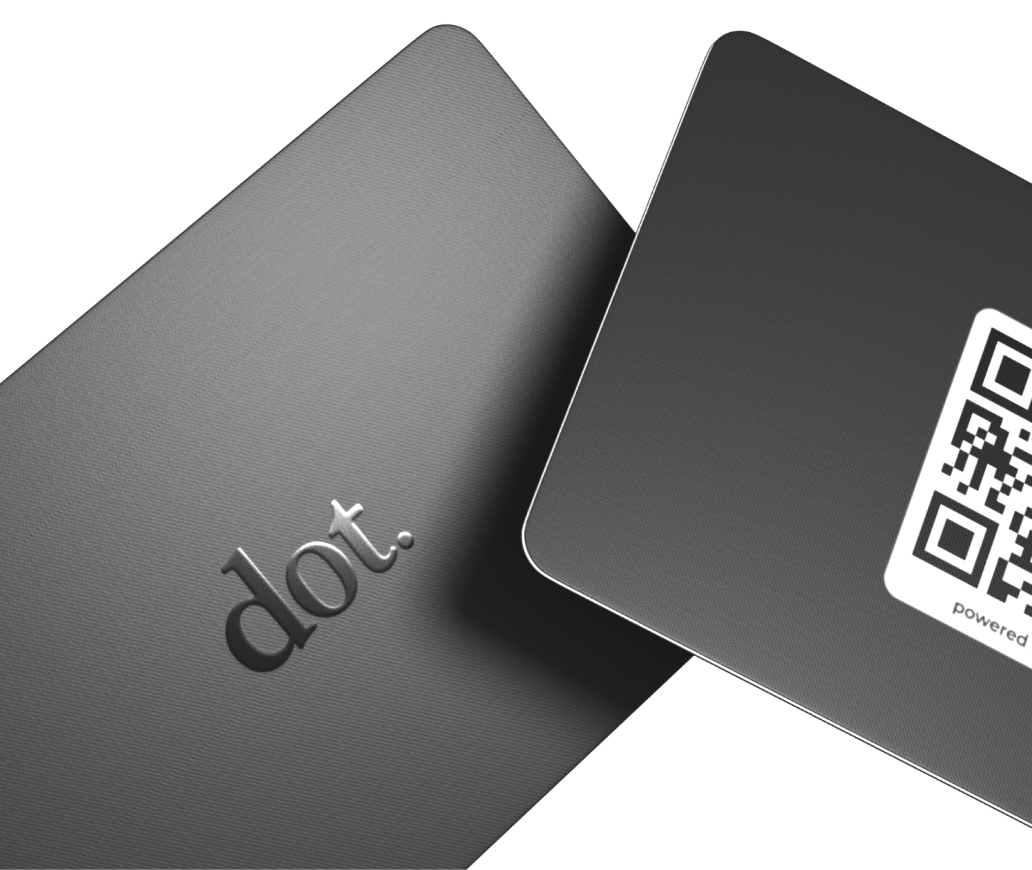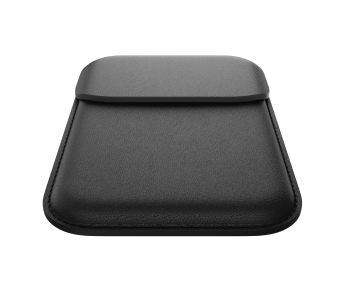In today's fast-paced world, achieving a balance between work and personal life can seem like an impossible task. With the pressure to succeed professionally and the demands of daily life, it's easy to become overwhelmed and neglect important aspects of our personal lives. However, maintaining a work-life balance is essential to our overall well-being and productivity. In this article, we will explore the importance of work-life balance, the challenges that come with it, and how to achieve harmony between our professional and personal lives.
What is Work-Life Balance?
Work-life balance refers to the ability to prioritize and manage our personal and professional responsibilities without one negatively affecting the other. It involves finding a way to achieve our career goals while also maintaining healthy relationships, pursuing hobbies and interests, and taking care of our physical and mental health.
Importance of Work-Life Balance
Achieving a work-life balance has numerous benefits that extend beyond just our personal lives. Here are some of the key reasons why work-life balance is important:
- Improved Physical and Mental Health: Neglecting personal life in favor of work can lead to stress, burnout, and a variety of physical and mental health problems. By achieving a work-life balance, we can reduce stress levels and improve overall well-being.
- Increased Productivity: When we are able to take time off from work and focus on other areas of our lives, we return to work refreshed and energized. This can lead to increased productivity and better quality of work.
- Stronger Relationships: Maintaining a work-life balance allows us to prioritize our relationships and spend quality time with our loved ones. This can help build stronger connections and improve our overall happiness.
Challenges of Achieving Work-Life Balance
While achieving a work-life balance is important, it's not always easy. Here are some of the common challenges that people face when trying to achieve a work-life balance:
- Heavy Workloads: Many jobs require long hours and high levels of productivity, making it difficult to find time for personal activities.
- Unpredictable Schedules: Some jobs have unpredictable schedules, making it hard to plan personal activities and time off.
- Technology: Advancements in technology have made it easier to stay connected to work, blurring the lines between professional and personal life.
Tips for Achieving Work-Life Balance
Achieving a work-life balance takes effort and planning. Here are some tips to help you achieve harmony between your professional and personal life:
- Set Boundaries: Establish clear boundaries between work and personal life. Set specific times for work and personal activities and stick to them as much as possible.
- Prioritize Self-Care: Make time for self-care activities such as exercise, meditation, and hobbies. This will help reduce stress levels and improve overall well-being.
- Learn to Say No: Don't overcommit yourself to work or personal activities. Learn to say no to tasks or activities that don't align with your priorities.
- Disconnect: Take breaks from technology and disconnect from work when you're not on the clock. This will help create a separation between work and personal life.
- Communicate with Your Employer: Talk to your employer about your work-life balance needs. Many companies offer flexible work arrangements, such as working from home or part-time schedules.
Achieving a work-life balance is essential to our overall well-being and productivity. While it may not always be easy, there are steps we can take to find harmony between our professional and personal lives. By setting clear boundaries, prioritizing self-care, and communicating with our employers, we can achieve a work-life balance that allows us to thrive both professionally and personally.
Remember, taking care of ourselves and our relationships is just as important as our careers.










































